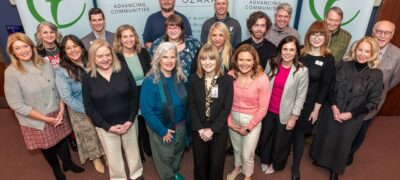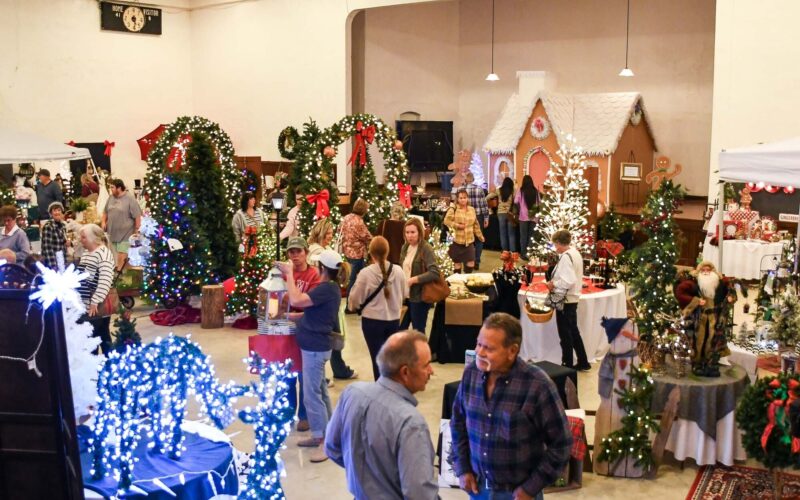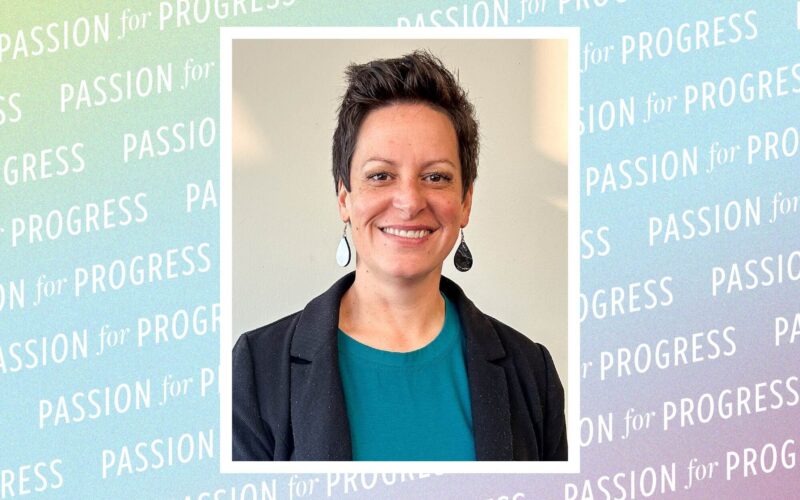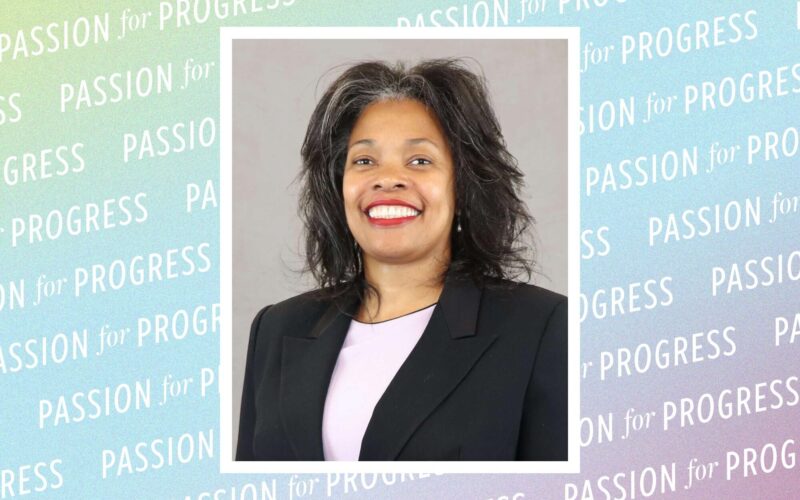BY BRIAN FOGLE, PRESIDENT & CEO
Coming together to embark on a new ‘upswing’ of cooperation
I’ll warn you up front, this is a love letter … or an homage, maybe. Like most things dealing with emotions and memory, it might not be perfectly factual, but is sincere and honest.
As we come upon another Memorial Day, I cannot help but think of my parents, and the rest of the “Greatest Generation.” Like so many veterans of World War II, my father would never talk to me about his experiences as a member of a B-17 crew. As a gift later in life, he “allowed” me to take him to his final reunion of the 303rd Bomb Group in Washington, D.C. It is a memory I will hold onto forever.
At the meals, and especially at the social hours, I heard the stories of fellow veterans sharing the bonds that kept them together for more than half a century. Glen was not even 20 when he took a train from his home in Texas to Omaha, picked up his plane and crew, and flew it to Molesworth, England, after a stop in Goose Bay, Newfoundland. This was before radar, he told me, so all navigation was by the stars. My dad shared the time they had taken a lot of flak over Germany, limping back to England with a damaged plane much later than the rest of the squad. He and his crew’s personal items had already been divvied up by his barrack mates.
I think of my parents, and the “Greatest Generation” as I finished Robert Putnam’s latest book, “The Upswing: How America Came Together a Century Ago and How We can Do It Again.” The book’s premise is how our country narrowed the income disparities of the “Gilded Age,” and expanded our economic and leadership might in the world after the Great Depression and World War II. It was also a time when club and societal membership peaked, as did church attendance. In short, it was a time of “we,” before we became the “me” generation.
Psychologist Jean Twenge noted that in 1950, only 12% of students agreed with the statement “I am a very important person.” By 1990, that figure had risen to 80%. I also would note that the two decades after WWII may not have been the best if you were a woman, or your skin was a different color. But the seeds of equality were very much planted during that time, leading to the civil rights movement and a focus on gender equality. Putnam notes that the pivot happened in the late ’60s for several reasons, and the narrowing income gap started widening once more … just as the movement from “we” to “me” intensified.
As I mentioned, this was a love letter … and admittedly, one I write with rose-colored glasses. Despite all the talk of division, political discord and sectarianism, Putnam’s hope is that maybe we can repeat history after our country’s similar environment of the Gilded Age. Somehow, we came together and built the most powerful nation on Earth after that.
This love letter is not yet finished, and I truly and sincerely hope our nation can remember who we are, where we came from and where we meant to go. Memorial Day is the perfect time to start. Won’t you help me in writing this postscript? Together, we can embark on a new upswing.
Brian Fogle is the president and CEO of the Community Foundation of the Ozarks.



